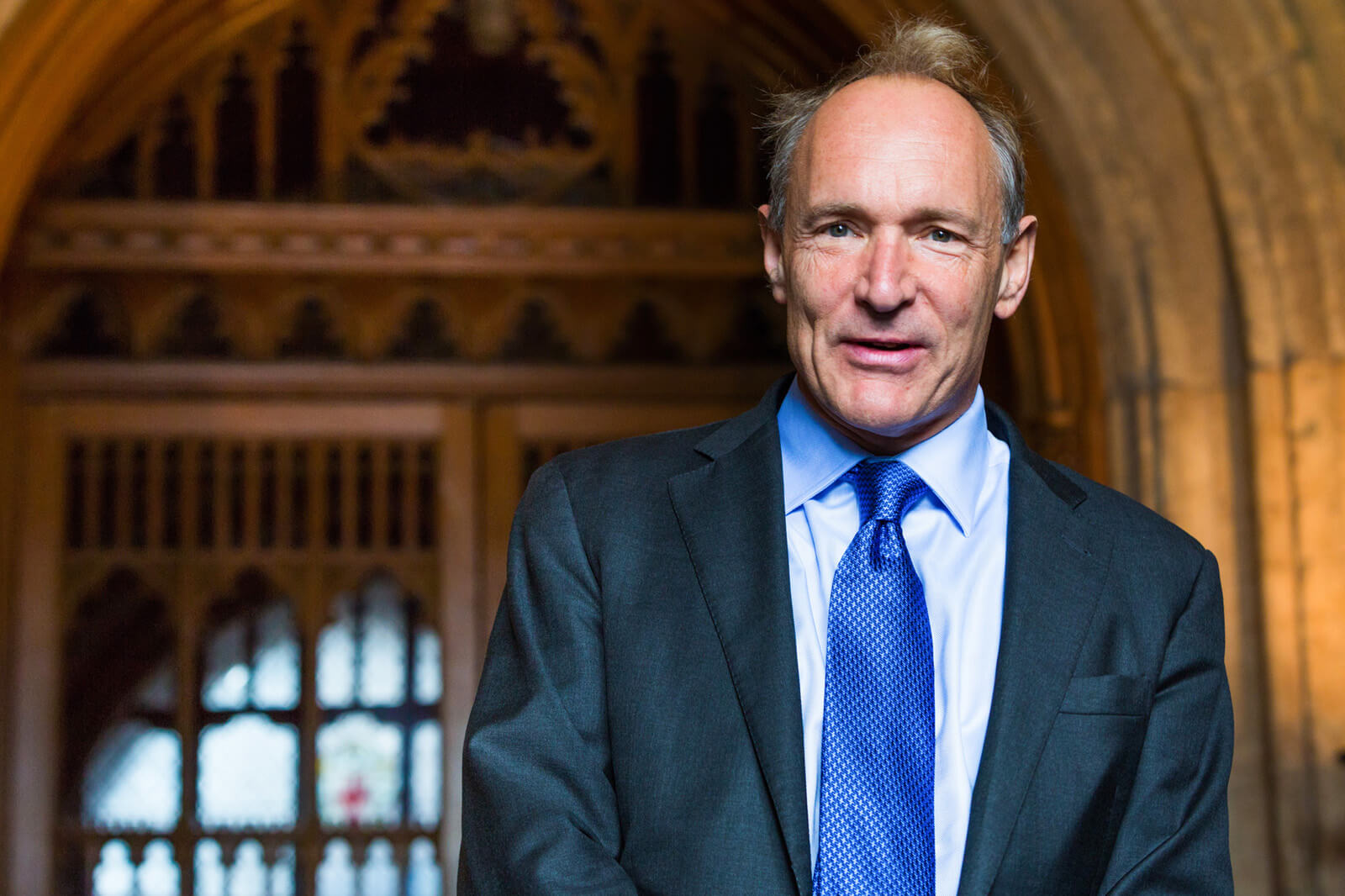
It’s been 28 years since Sir Tim Berners-Lee submitted his original proposal for the world wide web. To mark the occasion, the Web Foundation founder has written a blog post highlighting what he believes are the three challenges facing the internet today.
While Berners-Lee says the modern web mostly lives up to his vision of “an open platform that would allow everyone, everywhere to share information, access opportunities and collaborate across geographic and cultural boundaries,” he is worried about three new trends. The first one being the loss of personal data.
“As our data is then held in proprietary silos, out of sight to us, we lose out on the benefits we could realize if we had direct control over this data, and chose when and with whom to share it,” he said.
“What’s more, we often do not have any way of feeding back to companies what data we’d rather not share – especially with third parties – the terms and conditions are all or nothing.”
Berners-Lee talks about the threat to our privacy through these companies collaborating with, or being coerced by, government agencies, and the detrimental effect this has on both free speech and the ability to explore sensitive topics on the web.
Secondly, and something that’s become a huge issue over the past 12 months or so, is the problem of fake news appearing online. Some say it influenced last year’s US election, while Facebook and other social media sites have introduced a number of new features to help fight its spread. But Berners-Lee says the networks have little incentive to stop the stories as they make money from each person who clicks on them.
“They choose what to show us based on algorithms which learn from our personal data that they are constantly harvesting. The net result is that these sites show us content they think we’ll click on – meaning that misinformation, or ‘fake news’, which is surprising, shocking, or designed to appeal to our biases can spread like wildfire.”
Berners-Lee’s final concern is over the lack of transparency and understanding when it comes to online political advertising. “Targeted advertising allows a campaign to say completely different, possibly conflicting things to different groups. Is that democratic?”
Berners-Lee’s Web Foundation has laid out a five-year plan that attempts to fix these issues.
We must fight against government over-reach in surveillance laws, including through the courts if necessary. We must push back against misinformation by encouraging gatekeepers such as Google and Facebook to continue their efforts to combat the problem, while avoiding the creation of any central bodies to decide what is 'true' or not. We need more algorithmic transparency to understand how important decisions that affect our lives are being made, and perhaps a set of common principles to be followed.
In summing up, he writes: It has taken all of us to build the web we have, and now it is up to all of us to build the web we want – for everyone.
https://www.techspot.com/news/68489-web-inventor-sir-tim-berners-lee-warns-three.html